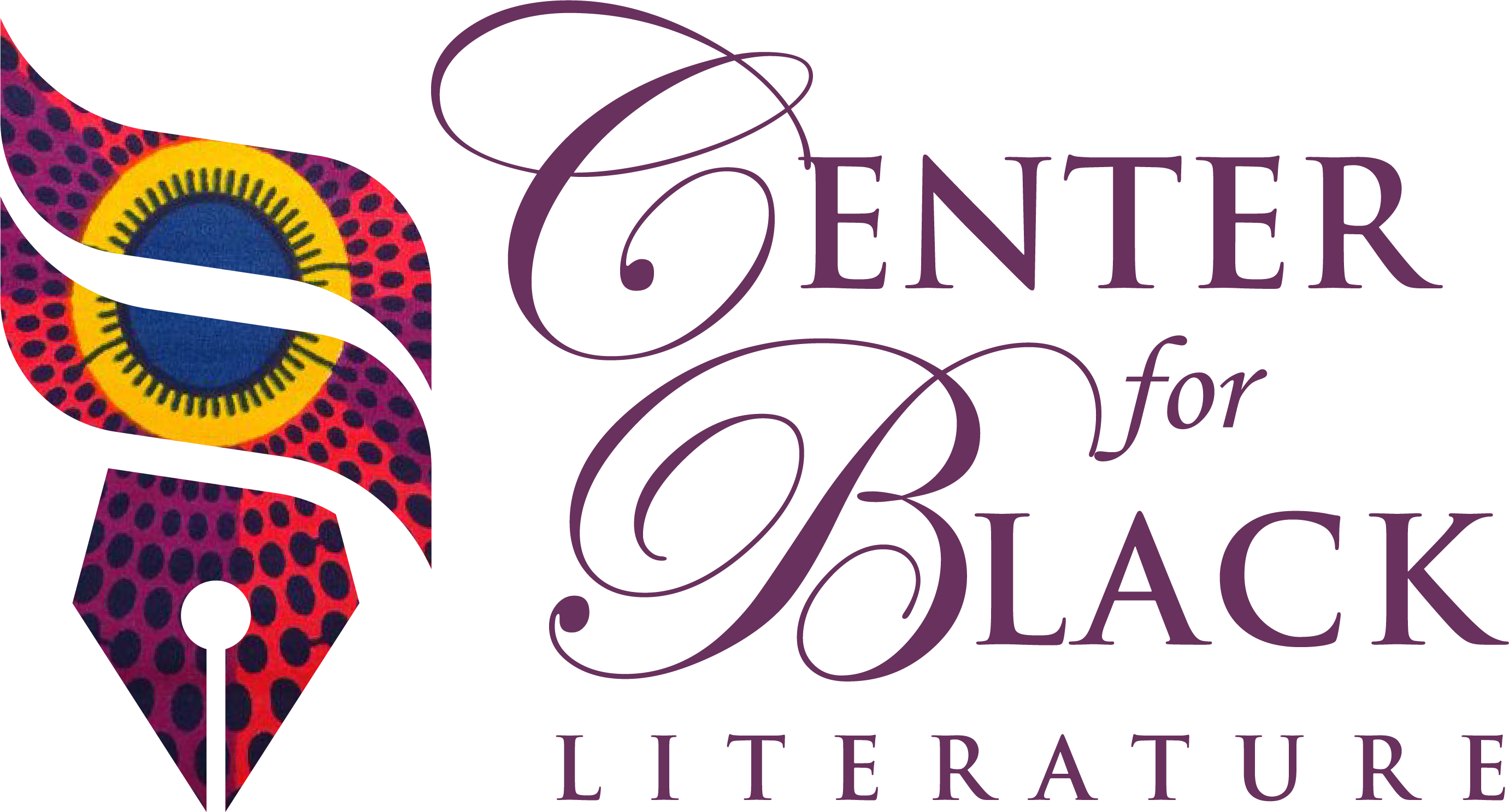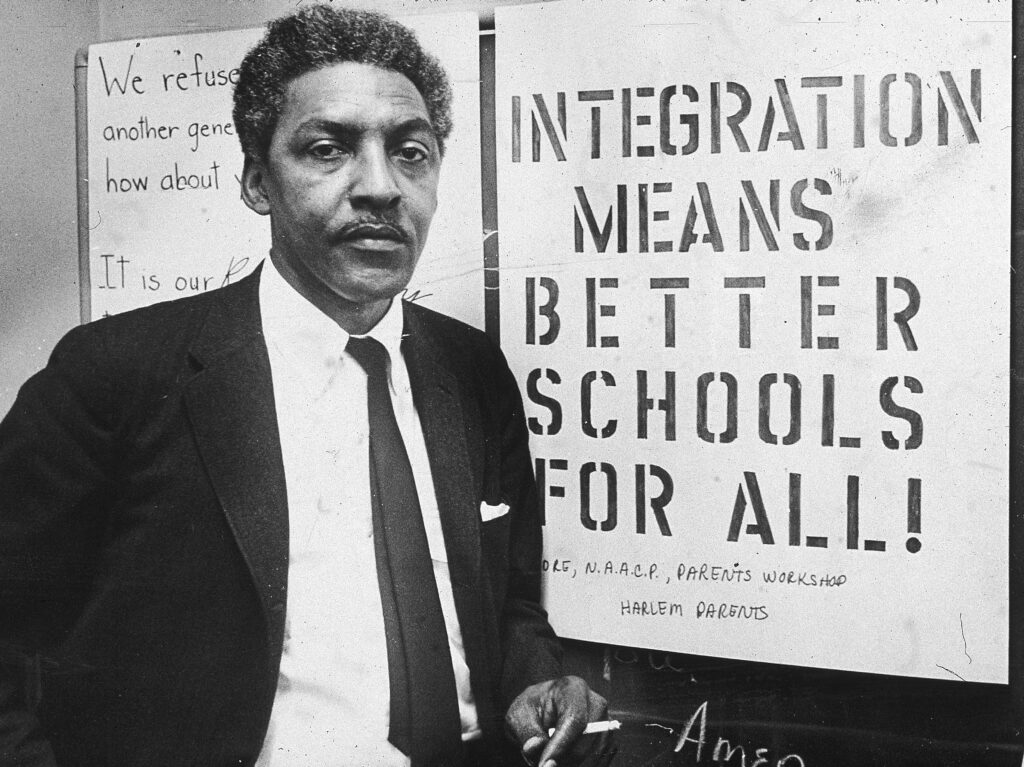Levi Wise-Catoe | Growing up as a Black boy in Paterson, NJ, and attending Roman and Irish Catholic Parochial schools, Black history was not very familiar to me. I grew up in a religious Southern Baptist family and participated in the church choir. In this context, Martin Luther King, Jr., was all that I knew about Black history until I became a teenage Madonna fanatic. Ironically, it was Madonna who made me aware of Black activists and radicals such as Nina Simone, Jean-Michel Basquiat, James Baldwin, and Bayard Rustin. Bayard Rustin was an African American activist who believed in civil disobedience. Rustin felt that Black people should deliberately break unjust laws but do it non-violently to bring about change, and this would play a key role in the Civil Rights movement. He also advocated for LGBTQ rights. Rustin moved to Harlem in 1937 and began studying at City College of New York. It’s interesting to note that at the time CCNY was an all-male college and did not accept Black men—Rustin was an unusual exception. While Rustin was at CCNY he became involved in efforts to defend and free the Scottsboro Boys, nine young black men in Alabama who were accused of raping two white women. Activism for Rustin was something that came naturally. He would later become a mentor to Martin Luther King.
Rustin is one of my all-time idols. I have been enamored of him since I learned about him, so I was excited to attend an event dedicated to his life and legacy at the Schomburg Center for Research in Black Culture, “Between the Lines: Bayard Rustin, A Legacy of Protest and Politics.” The event was a conversation between Michael G. Long, who edited the book of the same name, and Jafari Allen. Their exchange sparked many revelations and I left the event more aware than when I entered. I felt so much pity for the life that Rustin had to live, including the attack on his character that was rallied against him by other Black people and the distance that Martin Luther King placed between himself and Rustin out of fear of people assuming that he was also gay. I also learned that it was Coretta Scott King who introduced King to Rustin. Scott-King met Rustin during her college years as a fellow activist who practiced civil disobedience. She would ultimately introduce her husband King to civil disobedience tactics. Rustin recalled that his first time meeting King he was strapped with a handgun and that he never traveled without his gun. It was Rustin who told King that if he represented civil disobedience he would have to be willing to put away his firearm, which eventually he did. Nevertheless, this raises the question, who was King really? The “I Have A Dream” pacifist or the “Beyond Vietnam” radical? We will never truly know. What I did learn was that according to Rustin, King had no idea how to organize an event. Instead, it was Rustin who developed the blueprint for King’s early Civil Rights movement, at least until the day that King removed Rustin from his inner circle. Nevertheless, Rustin returned to organize the March on Washington, despite everything leveled against him by Adam Clayton Powel and Roy Wilkins. Someone noted during the discussion that “it’s funny how karma works given the fact that nobody remembers Wilkins’s legacy in comparison to the sudden interest in Rustin.” If I remember correctly, the comment was made by the moderator, NYU professor Dr. Jarafi Allen, based on the fact that the venue was standing room only, or that the Hollywood lens is now fixated on Rustin’s story, with an Academy Award-nominated movie based upon his life currently in theaters. Wilkins has not received the same interest from Hollywood, perhaps indicating that he is less marketable in the mainstream. Meanwhile, Rustin’s role as an activist for the LGTBQ community is also important for newer generations. Until recently, this legacy and all that he accomplished was invisible, but he has since become a symbol of the “others” and most notably the “forgotten others”. While in his lifetime he was shunned, rallied against, and betrayed by those that he benefitted, history has allowed his legacy the final word.

